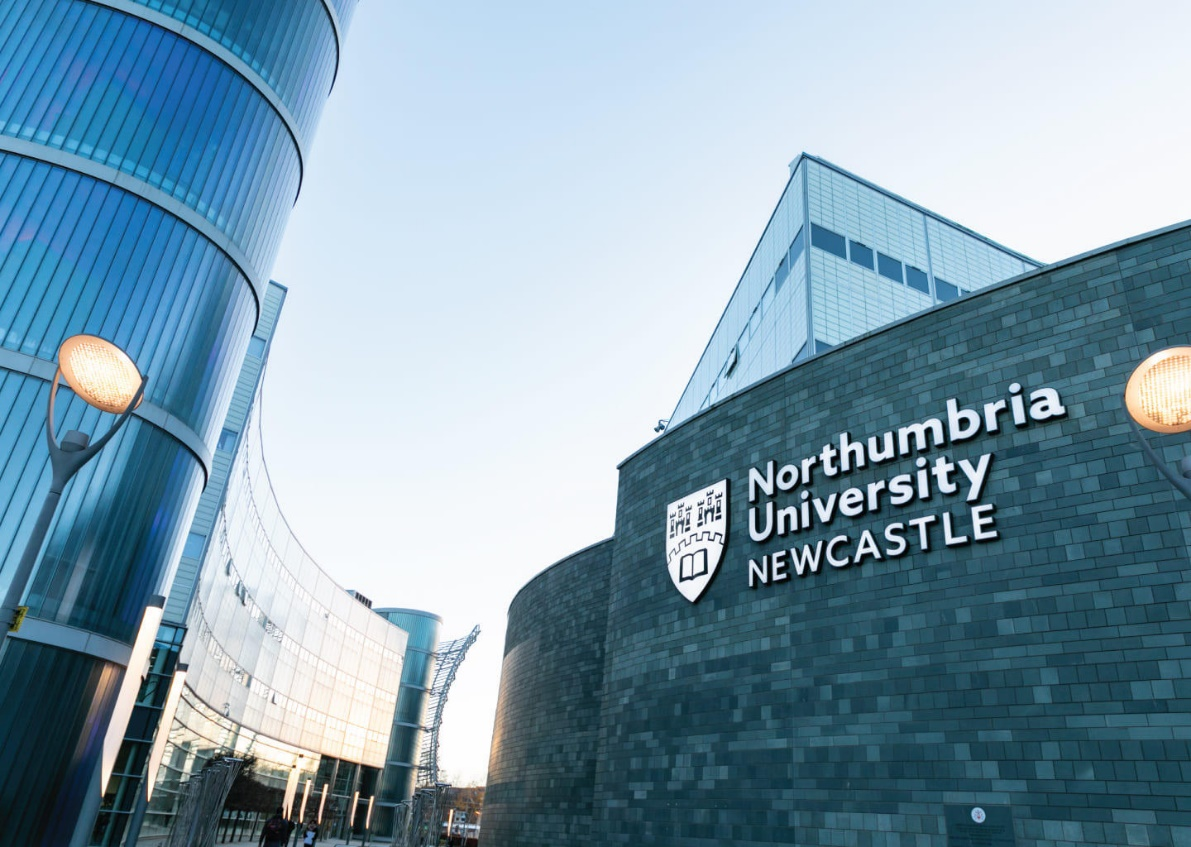Workshop Title:
Gaza of Hope: Calling on Humanity
Date:
December 20th, 2024 (GMT)
Organizer:
Department of Social Sciences, Northumbria University
Keywords:
- Racism
- Bias
- Discrimination
- Peace studies
Workshop Chair:
Personal Bio:
Dr Nafhesa Ali is a Lecturer in Sociology at Northumbria University and an interdisciplinary Sociologist with expertise in the everyday lives of racialized and minority communities. Her interests include ageing, migration, relationships and environmental sustainability. Nafhesa’s publications include two books, Storying Relationships (2021) and A Match Made in Heaven: British Muslim Women write about Love and Desire (2020) and journal publications in Sexualities, Ethnicities, Ethnic and Racial Studies and Cultural Geographies. Nafhesa is lead for the Power and Intersecting Inequalities (PII) Research Cluster in the Department of Social Sciences at Northumbria University.
Workshop Description:
Background:
Gaza, a densely populated strip along the Mediterranean, has been marred by decades of conflict. Shaped by historical disputes and geopolitical complexities, its residents face ongoing challenges. This abstract briefly outlines the region's troubled history, setting the stage for a deeper exploration of its multifaceted dynamics and the quest for a sustainable resolution. The Gaza Strip is a microcosm of protracted conflict, stands at the crossroads of racism, bias, and discrimination. This workshop delves into the multifaceted layers of the Gaza issue, weaving a narrative that underscores the pervasive impact of systemic injustices. Racism, entrenched in historical narratives and geopolitical dynamics, manifests itself in the unequal power structures that perpetuate the suffering of Gazans. Examining the lens of bias, the workshop will explore how media representations and political discourse contribute to the perpetuation of biased narratives, shaping global perceptions.
Goal/Rationale:
Peace studies emerge as a critical framework, offering a holistic understanding of the complex dynamics in Gaza. It unravels the intricate web of geopolitical interests, historical grievances, and power struggles that hinder the pursuit of peace. The concept of "othering" emerges as a key theme, elucidating the dehumanization of Gazans as the 'other,' exacerbating divisions and hindering reconciliation efforts. As the Gaza issue unfolds, this workshop contends that a nuanced examination of racism, bias, discrimination, peace studies, and othering is imperative for fostering a more comprehensive understanding and catalysing transformative change in the pursuit of a just and lasting peace in the region.
Scope and Information for Participants:
Contributors are encouraged to draw connections between themes, and propose actionable recommendations for fostering positive change in the region:
- Historical Context: Uncover the historical roots of the Gaza issue, examining key events that have shaped the current landscape.
- Human Rights and Discrimination: Investigate human rights violations and discriminatory practices affecting the people of Gaza, with a focus on systemic issues.
- Social and Economic Impact: Assess the socio-economic consequences addressing issues such as poverty, unemployment, and access to basic services
- Media Representations: Examine how media shapes perceptions, influences public opinion, and contributes to bias in the discourse surrounding Gaza.
- Peace Studies: Evaluate existing peace initiatives, exploring their efficacy and proposing alternative approaches for sustainable peace.
- Psychosocial Impacts: Explore the psychological toll of living in a conflict zone, considering trauma, resilience, and coping mechanisms.
- International Legal Perspectives: Scrutinize the legal aspects of the conflict, including international law violations and the role of international institutions.
VISA:
Welcome to GOV.UKIn order to ensure the information is correct and up to date, there may be changes which we are not aware of. And different countries have different rules for the visa application. It is always a good idea to check the latest regulations in your country. This page just gives some general information of the visa application.
UK Visa Information
What you need to do
- Check if what you plan to do in the UK is allowed as a Standard Visitor.
- Check you meet the eligibility requirements.
- Check if you need to apply for a visa to visit the UK.
- Apply for a Standard Visitor visa online - if you need one.
Check you meet the eligibility requirements
You must have a passport or travel document to enter the UK. It should be valid for the whole of your stay.
You must be able to show that:
- you'll leave the UK at the end of your visit
- you're able to support yourself and your dependants during your trip (or have funding from someone else to support you)
- you're able to pay for your return or onward journey (or have funding from someone else to pay for the journey)
- you'll not live in the UK for extended periods through frequent or successive visits, or make the UK your main home
Check if you need a visa to visit the UK
Depending on your nationality, you'll either:
- have to apply for a Standard Visitor visa before you travel to the UK
- be able to visit the UK for up to 6 months without needing a visa
You can check if you need a visa before you apply.
If you do not need a visa, you must still meet the Standard Visitor eligibility requirements to visit the UK. You may be asked questions at the UK border about your eligibility and the activities you plan to do.












